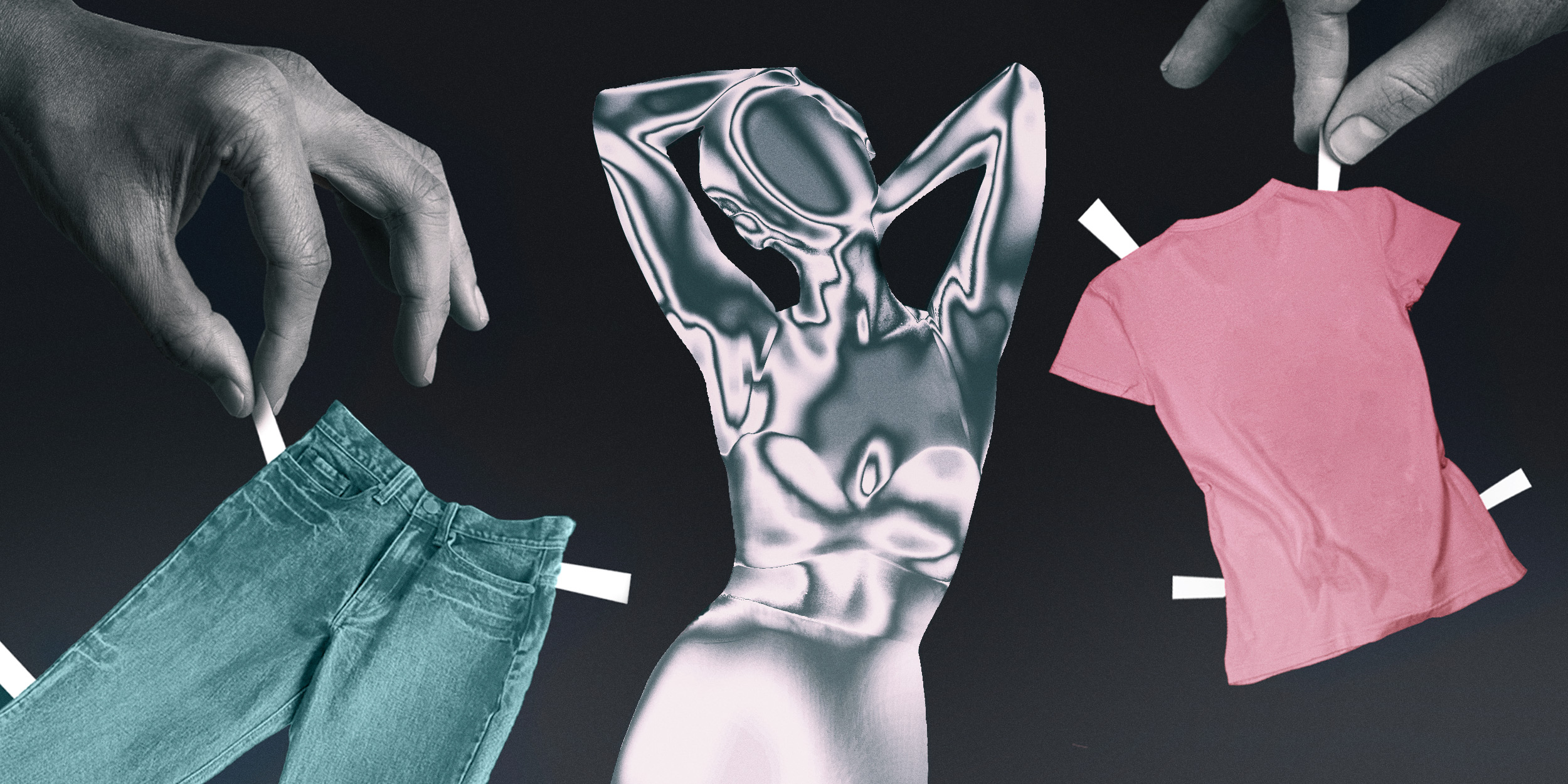
AI: Revolutionizing the Retail Industry
The retail and fashion industry has always been on the cutting edge of innovation and technology. With the rise of artificial intelligence (AI), the industry is undergoing yet another transformation, changing the way products are designed, manufactured, sold, and even experienced by consumers. AI is shaping the future of retail and fashion, making it more sustainable and personalized.
Trend Forecasting
Traditionally, clothing design has been a creative process involving trial and error. Now, with the help of AI, designers can create new designs more efficiently and accurately. AI algorithms can analyze vast amounts of data from social media, fashion blogs, and consumer buying habits to identify emerging trends and predict what styles and colors will be popular in the coming seasons. This allows designers and retailers to stay ahead of the curve and meet consumer demands more effectively.
AI-Generated Concepts
AI can also generate design concepts based on specific inputs, such as color, fabric, and style. This saves designers time and effort while allowing them to focus on refining the designs rather than starting from scratch. By leveraging AI-generated design concepts, the fashion industry can produce more innovative and unique designs, pushing the boundaries of creativity.
Optimizing Production Lines
AI is transforming the garment manufacturing process in the fashion industry. Algorithms can optimize production lines, reducing waste and increasing efficiency. AI can also predict demand for specific products and adjust production schedules accordingly, minimizing over and under-production.
Smart Manufacturing Robots
The typical manufacturing robots used for decades are now being powered by AI, completing work in a fraction of the time with increased accuracy. These new, more intelligent robots are used to perform tasks that are too repetitive or dangerous for human workers, such as cutting and sewing fabrics. This not only improves worker safety but also reduces production costs.
Analyzing Consumer Data for Tailored Recommendations
In the age of the Internet of Things, personalization is becoming increasingly important, especially in the apparel industry. AI algorithms can analyze consumer data, such as purchase history and social media activity, to understand people and their preferences more intimately. This makes it easier for retailers to recommend products that are likely to appeal to their customers.
Customized Products
AI can also generate personalized designs based on body measurements and style preferences, allowing consumers to create customized products tailored to their individual needs and preferences. This level of personalization enhances the customer experience and fosters brand loyalty.
Eco-Friendly Materials and Processes
AI can help address the growing concern for sustainability in the fashion industry. By analyzing data on materials, production processes, and supply chains, AI algorithms can identify areas where sustainability can be improved, such as using eco-friendly materials or adopting less wasteful production processes.
Optimizing Supply Chains
AI can also help optimize supply chains to reduce transportation and storage costs and minimize carbon emissions. By streamlining the supply chain, fashion brands can become more sustainable and environmentally friendly.
AI-Powered Chatbots
Artificial Intelligence is transforming the retail experience for customers. AI-powered chatbots can provide personalized recommendations, answer questions, and help customers find the products they are looking for. This improves customer satisfaction and increases the likelihood of repeat purchases.
Shopping Behavior Insights
AI can provide insights into shopping behaviors and preferences, allowing retailers to create a more engaging and personalized shopping experience. As we move into the metaverse and virtual reality scenes, tools are being developed to allow customers to see how clothing will look on them before making a purchase, further enhancing the retail experience.
Traditionally, product tagging has been time-consuming and labor-intensive, requiring human workers to manually tag each item with information such as size, color, and style. With the help of AI, this process can be automated, with algorithms analyzing product images and identifying key attributes. This allows retailers to tag products with accurate and consistent information automatically, improving the efficiency of inventory management and the accuracy of search results and recommendations for consumers.
The COVID-19 pandemic accelerated the shift towards virtual fashion shows and marketing campaigns. Luxury brands like Moschino have embraced virtual fashion shows, showcasing their collections through creative means like “doll fashion shows.” This saves resources and materials while still providing a unique and engaging experience for consumers.
AI can be used to create 3D digital fashion models that are visually appealing and can replace physical samples during the design and development phases. Companies like The Fabricant collaborates with well-known brands such as Puma, Adidas, and Aape to create digital samples, reducing the environmental impact of producing clothes for advertising.
Virtual fitting rooms powered by AI can help customers purchase the correct sizes of clothing when shopping online, reducing the number of returns and associated pollution from shipping. AI can also improve recommender systems and personalized styling, enhancing the online shopping experience and reducing the chances of unsatisfactory purchases.
Second-Hand Market
The second-hand clothing market is expected to grow rapidly in the coming years, with AI playing a crucial role in improving customer experiences. AI can help with more reliable pricing, better-personalized user experiences, better styling services, and more precise sizing.
Rental Fashion
Rental fashion is an eco-friendly solution for customers looking to wear high-end garments for special occasions without the expense and waste of buying them. AI can help rental fashion platforms like Rent the Runway optimize their inventory management and cleaning processes, maximizing the reuse potential of clothes and their benefits to the environment.
By embracing AI, the retail and fashion industry can become more efficient, sustainable, and personalized. The integration of AI into various aspects of the industry will continue to revolutionize the way we design, manufacture, and experience fashion.